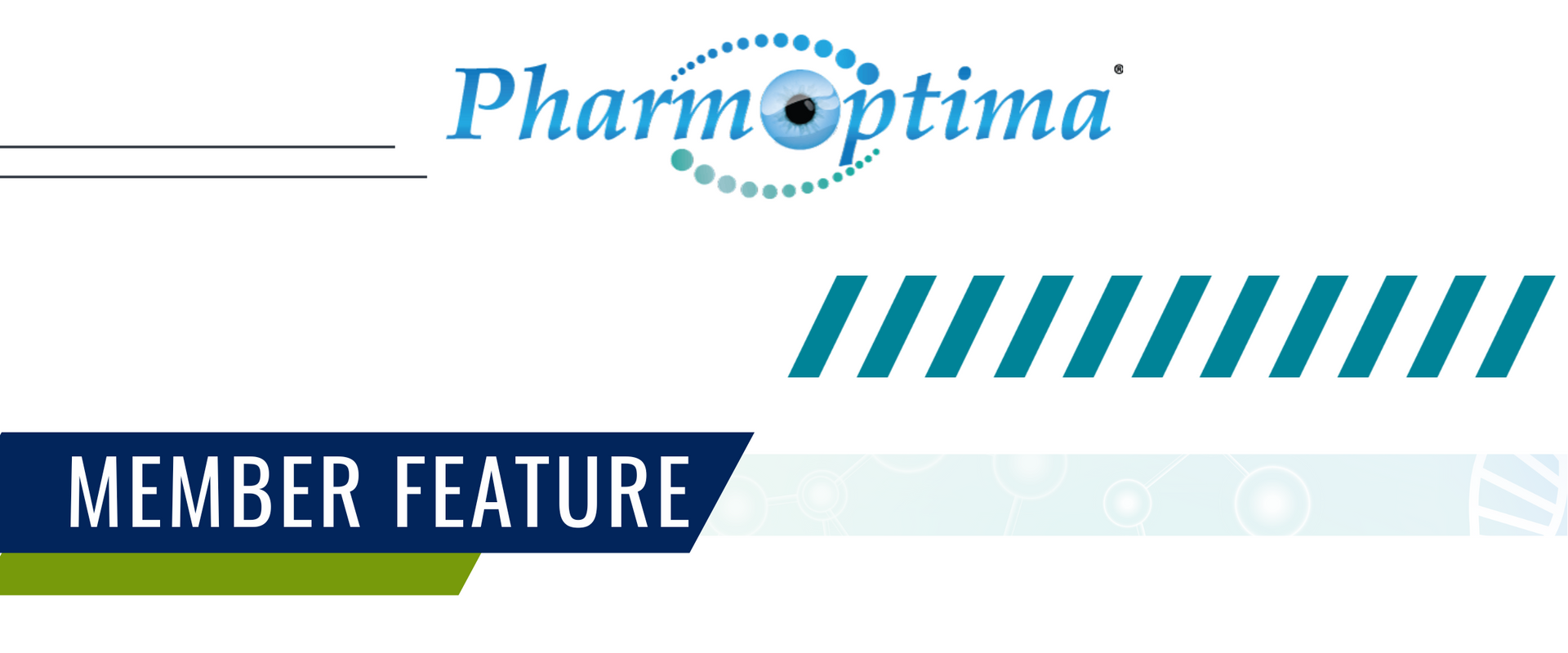Rare Disease Advisory Council
Michigan Rare Disease Advisory Council Launches, Amplifying Advocacy and Collaboration
The newly constituted Michigan Rare Disease Advisory Council (MI RDAC) met in early October 2024 and began its mandate as an advisory body that provides Michigan’s rare disease community with a stronger voice in state government. The agenda included introductions of current panel members, an overview of pending legislation to enact an RDAC by statute, a preliminary discussion regarding council priorities, procedures, workplan and its implementation, and steps to elect leadership. Subsequently, and by secret ballot, MichBio CEO Stephen Rapundalo and Laura Bonnell, from member organization The Bonnell Foundation, were elected as Chair and Vice-Chair of the new RDAC. Quarterly meetings (open to the public) have been scheduled for 2025.
The responsibilities of the MI-RDAC include 1) providing information about rare diseases through a publicly available website, and 2) in collaboration with MDHHS, investigating and reporting to the state legislature about rare diseases, unmet needs and other challenges to care, and best practices by other RDACs. Meetings will be held quarterly, with virtual access available.
Nationwide, 29 states have established RDACs by statute, with others, like Michigan, in various stages of the process.
Regrettably, HB 4167 languished in the Senate until the last day of the legislative session, before legislators finally passing it. However, the bill died as it required concurrence in the House, so the legislation will have to be reintroduced in the new 2025 session.
RECENT ARTICLES




